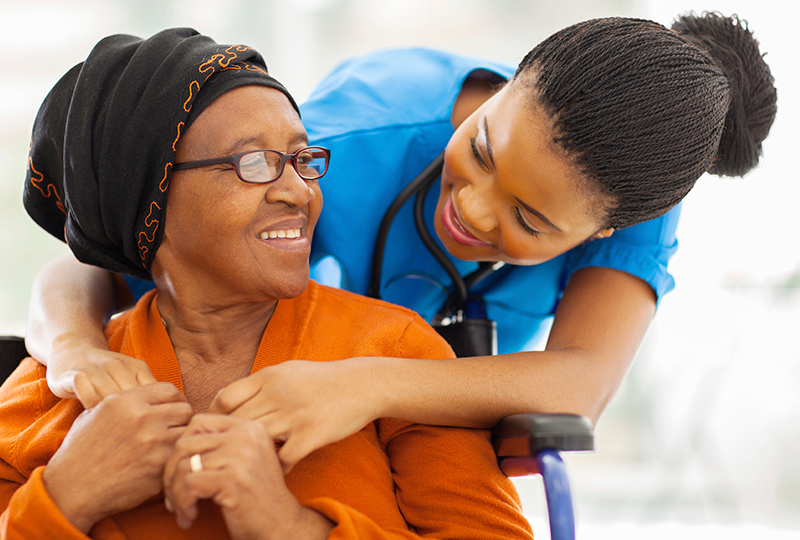Even with the best intentions, some words do more harm than good.
By Allison Schaffer
Editor’s note: After 15 years working in oncology, Allison Schaffer, program manager of the Patient and Family Resource Center at Vanderbilt-Ingram Cancer Center, has seen and heard what can help or hurt a cancer patient. She shares some advice about how to help a loved one through this difficult time and what not to say.
“Don’t worry.” Many people have this perception that the cancer patient just has to be positive, and if they hear the person with cancer having a bad day or being frustrated or saying “I can’t do this” or “I’m sad today,” they feel very uncomfortable or think that person is giving up. People have bad days, and cancer patients have bad days. When someone says, “Don’t worry,” that’s not helpful because the person is likely to be worried at different points and times because it’s cancer — and it’s normal and natural to be worried.
“I understand exactly how you feel.” No, you don’t. People with cancer have their own unique experiences. You may have a sense of how they feel but you don’t know exactly how they feel and that can be patronizing to the person who’s having these emotions.
“My cousin/mother/brother/whoever died from the same cancer.” In general, sharing stories of other people who have had cancer is not helpful. In some cases it can be, but people often start just verbally spewing information at the cancer patient that he or she is not interested in or has not asked to actually hear.
“Have you tried this treatment/drug that I saw on the Internet?” Giving advice and talking about other treatments or information sources isn’t helpful.
“If you had to have any type of cancer, this is the best kind to have.” People saying this are trying to be upbeat, but no kind of cancer is a good kind of cancer to have.
“You don’t look sick.” There are so many misconceptions about what it means to have cancer or live with cancer. There are people who don’t look sick at all, who are not bald, who you would never suspect have cancer.
“Everything is going to be OK.” The person saying that really doesn’t know whether things will turn out well or not.
“There’s a reason for everything.” Don’t force the idea of positivity, or that there’s a lesson in someone’s cancer, or that it’s going to make the person with cancer stronger. I say that respectfully, because that’s exactly what some people want and need to hear. Everyone diagnosed with cancer is going to have a different response, a different reaction. Certainly there are a lot of similarities among responses, reactions and needs, but everyone’s different.
Now that you know what to avoid, check out advice on things to do and say that will help a loved one going through cancer treatment.

